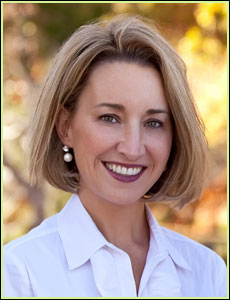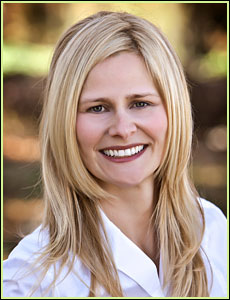 Drs. Morrow, Lai, and Edwards want to know: Is dairy a major part of your regular diet? If not, it should be! A 2008 study from the American Academy of Periodontology (AAP) has found that regular consumption of dairy products, such as milk, cheese and yogurt, can actually lower your chances of contracting periodontal disease (also known as gum disease). Results of the study also showed that adults who consume at least 55 grams of lactic acid a day are less at risk for gum disease.
Drs. Morrow, Lai, and Edwards want to know: Is dairy a major part of your regular diet? If not, it should be! A 2008 study from the American Academy of Periodontology (AAP) has found that regular consumption of dairy products, such as milk, cheese and yogurt, can actually lower your chances of contracting periodontal disease (also known as gum disease). Results of the study also showed that adults who consume at least 55 grams of lactic acid a day are less at risk for gum disease. Cheese is one of the healthiest snacks for your child's teeth. In addition to providing large amounts of much-needed calcium, cheese also does its part to fight cavities. Cheddar, Swiss, Mozzarella, and Monterey Jack all stimulate the body's salivary glands to clear the mouth of debris and protect them from acids that weaken them, according to the American Academy of Pediatric Dentistry. This means cheese disrupts the development of cavities, especially when eaten as a snack or at the end of a meal. Calcium and phosphorous found in cheese reduce or prevent decreases in the plaque's ph level and work to re-mineralize the enamel of your child's teeth.
Gum disease is caused by a bacterial infection in the mouth that affects the gums and jaw. Gum disease results in a loss of teeth and bone, and has been connected to certain cases of heart disease, stroke, diabetes, respiratory disease and osteoporosis.
Eating dairy is not just healthy for building strong bones, but is essential for maintaining a strong, healthy mouth. Next time you reach for a quick snack, choose some cheese, or a glass of milk, and remember with each bite, and every sip you are preserving your teeth for a lifetime of smiles and good oral health!
For more information about which dairy foods are best for keeping your teeth healthy, please give us a call.









